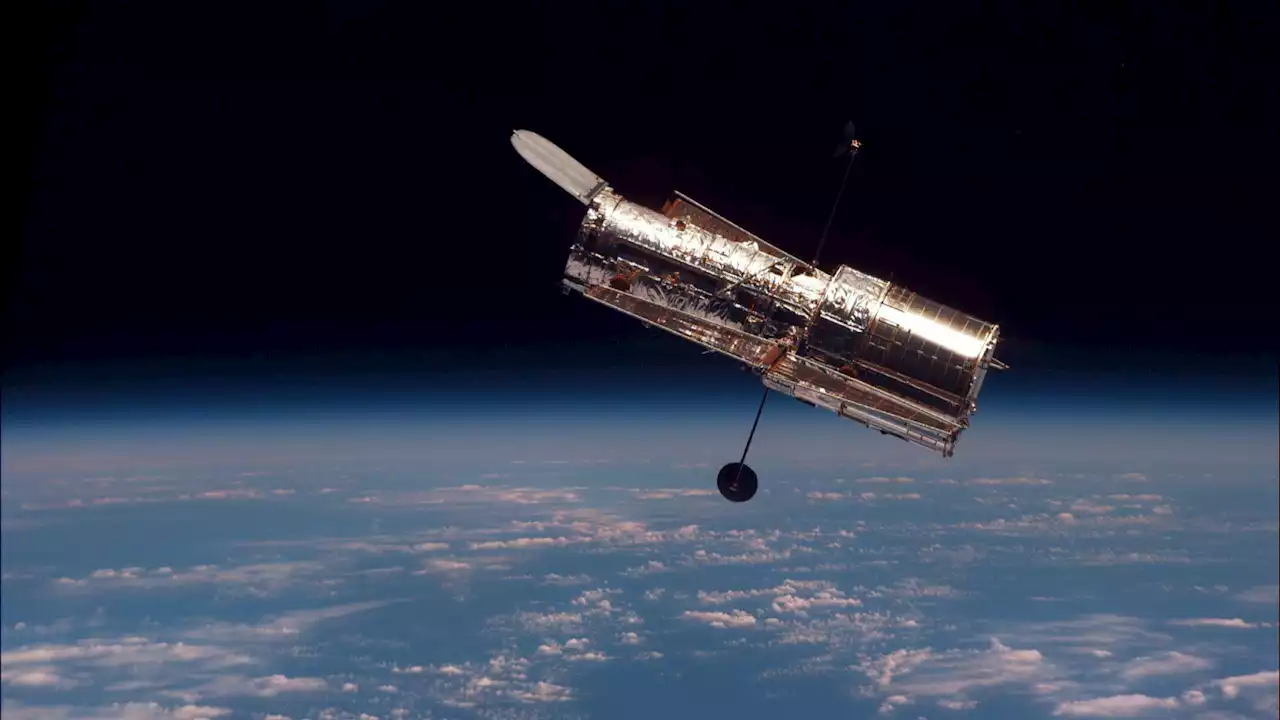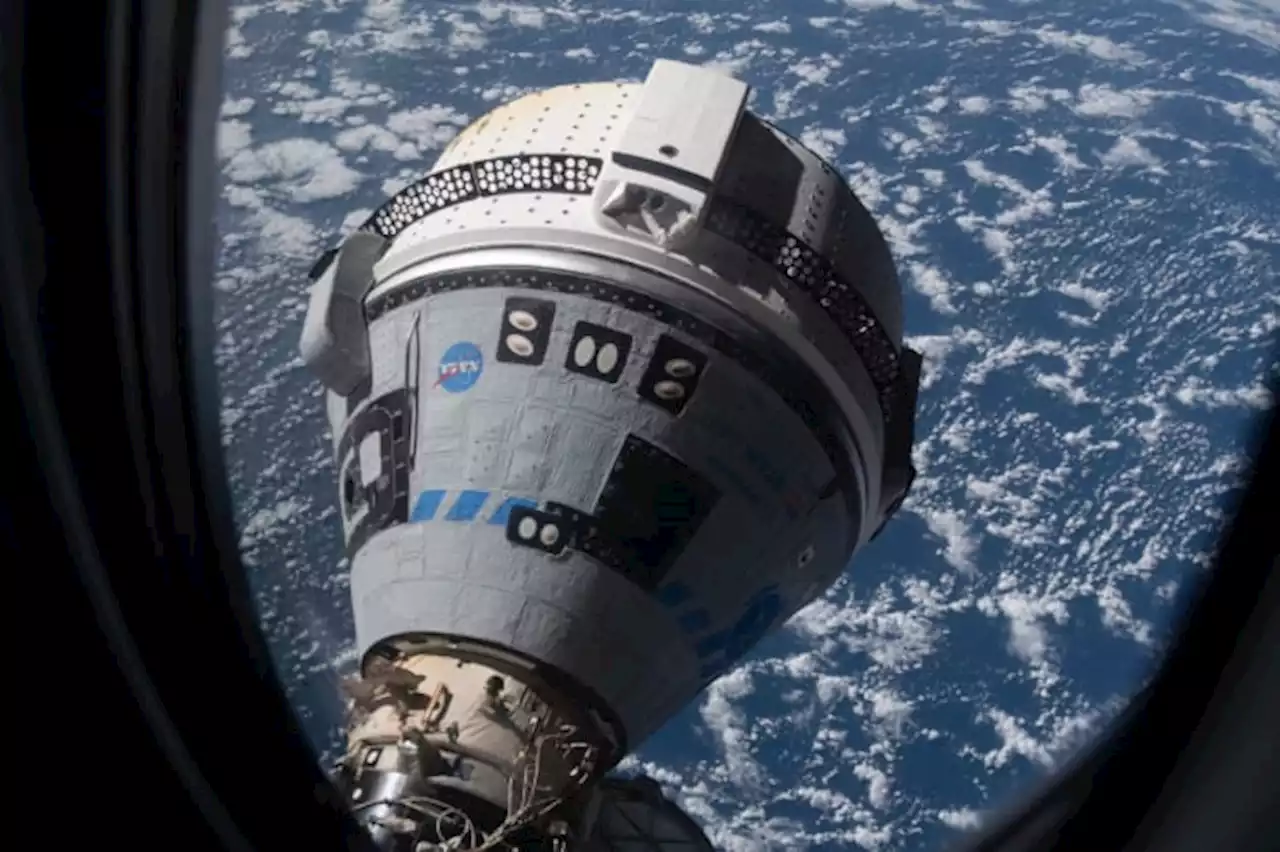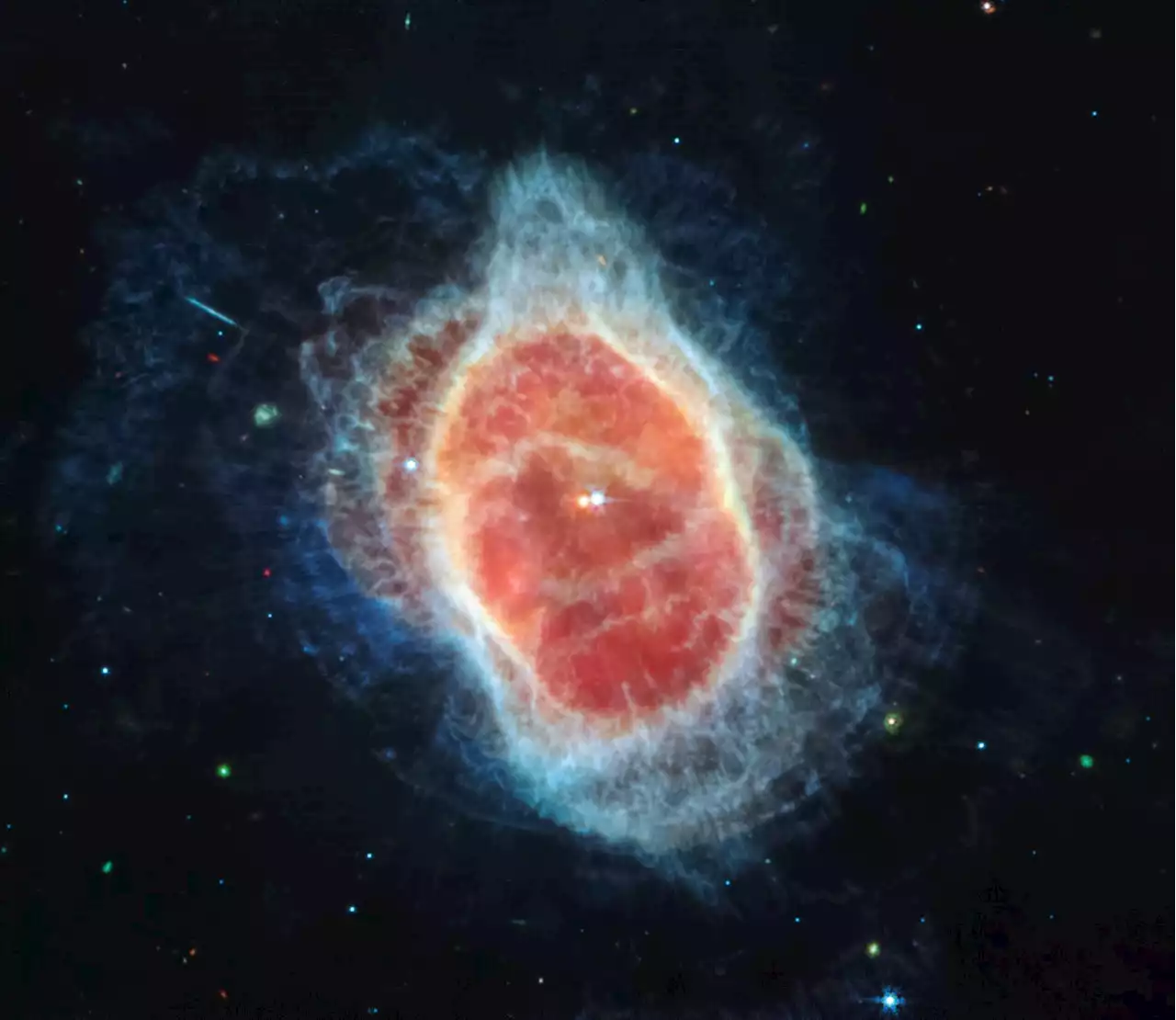Reconstructed by a global forensic team of astronomers using stunning James Webb Space Telescope images. The first images of a nebula from the James Webb Telescope gave astronomers remarkable insights into the death of the star that created these beautiful haloes of gas and dust. Around 2500 y
It paves the way for future Webb observations of nebulae, providing insight into fundamental astrophysical processes including colliding winds, and binary star interactions, with implications for supernovae and gravitational wave systems.The bright star at the center of NGC 3132, while prominent when viewed by NASA’s Webb Telescope in near-infrared light , plays a supporting role in sculpting the surrounding nebula.
Astronomers gathered online and developed theories and models around the mid-infrared image to reconstruct just how the star had died. There are also a series of spiral structures moving out from the center. These concentric arches would be created when a companion orbits the central star while it is losing mass. Another companion is further out and is also visible in the picture.
United States Latest News, United States Headlines
Similar News:You can also read news stories similar to this one that we have collected from other news sources.
 In 2022, the James Webb Space Telescope brought us new views of the cosmosScience News looks back at some of the most stunning images from the James Webb telescope’s first year in space.
In 2022, the James Webb Space Telescope brought us new views of the cosmosScience News looks back at some of the most stunning images from the James Webb telescope’s first year in space.
Read more »
![]() James Webb Space Telescope's iconic image reveals surprises about planetary nebulaThere is more to the Southern Ring Nebula than meets the eye.
James Webb Space Telescope's iconic image reveals surprises about planetary nebulaThere is more to the Southern Ring Nebula than meets the eye.
Read more »
 Here are 10 outstanding images taken by Hubble Space TelescopeThe Hubble Space Telescope has remained operational since 1990. Here are some of the best images of the universe it has captured throughout these years.
Here are 10 outstanding images taken by Hubble Space TelescopeThe Hubble Space Telescope has remained operational since 1990. Here are some of the best images of the universe it has captured throughout these years.
Read more »
 Boeing and Space Foundation will send student art to spaceBoeing and Space Foundation are giving students the opportunity to send their artwork to space as a part of the Art in the Stars program.
Boeing and Space Foundation will send student art to spaceBoeing and Space Foundation are giving students the opportunity to send their artwork to space as a part of the Art in the Stars program.
Read more »
 A new type of microscope inspired by James Webb sees molecules in 6DInspired by the James Webb Space Telescope (JWST) design, the latest technology uses mirror segments to sort and gather light on a microscopic scale
A new type of microscope inspired by James Webb sees molecules in 6DInspired by the James Webb Space Telescope (JWST) design, the latest technology uses mirror segments to sort and gather light on a microscopic scale
Read more »
